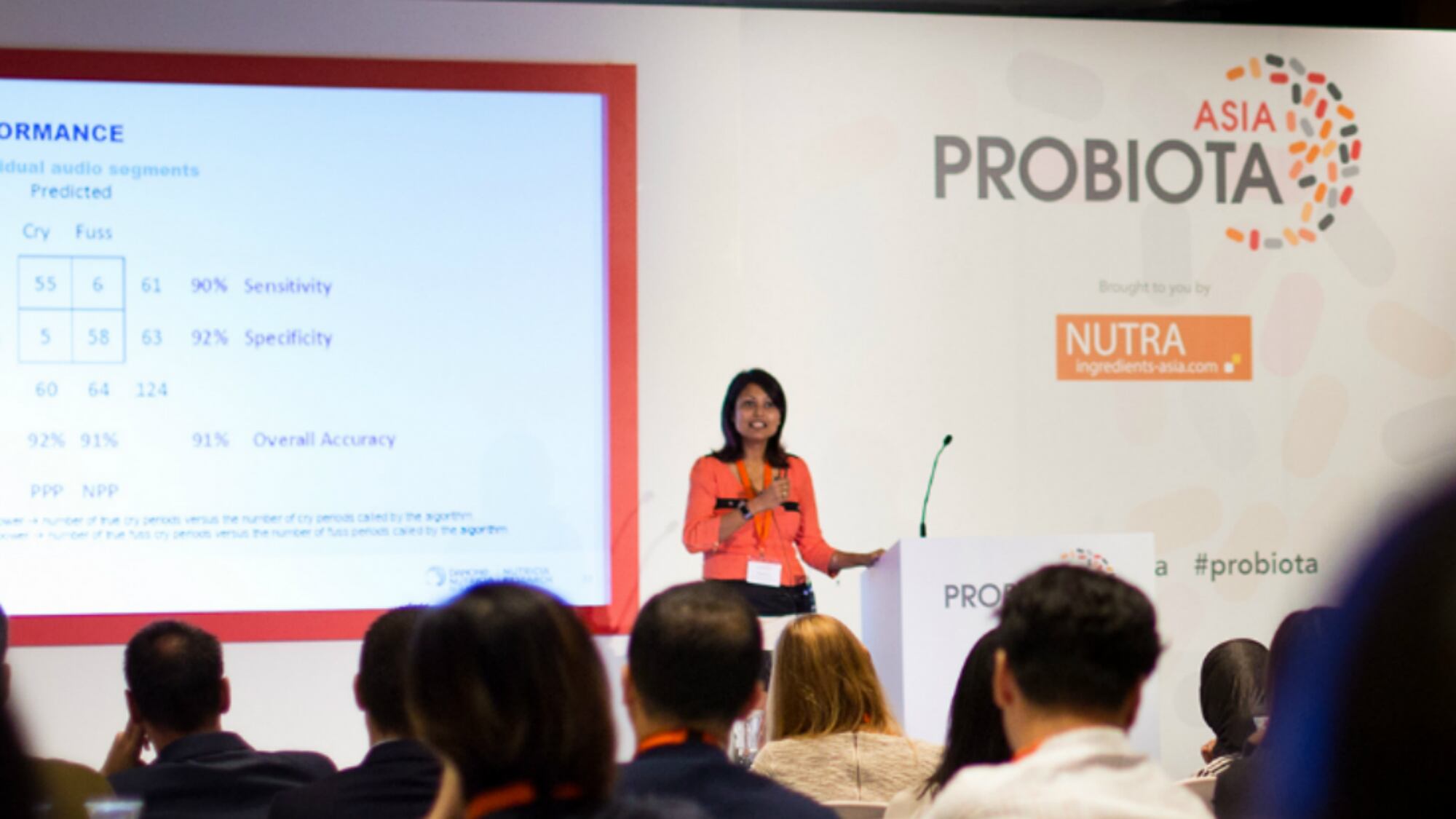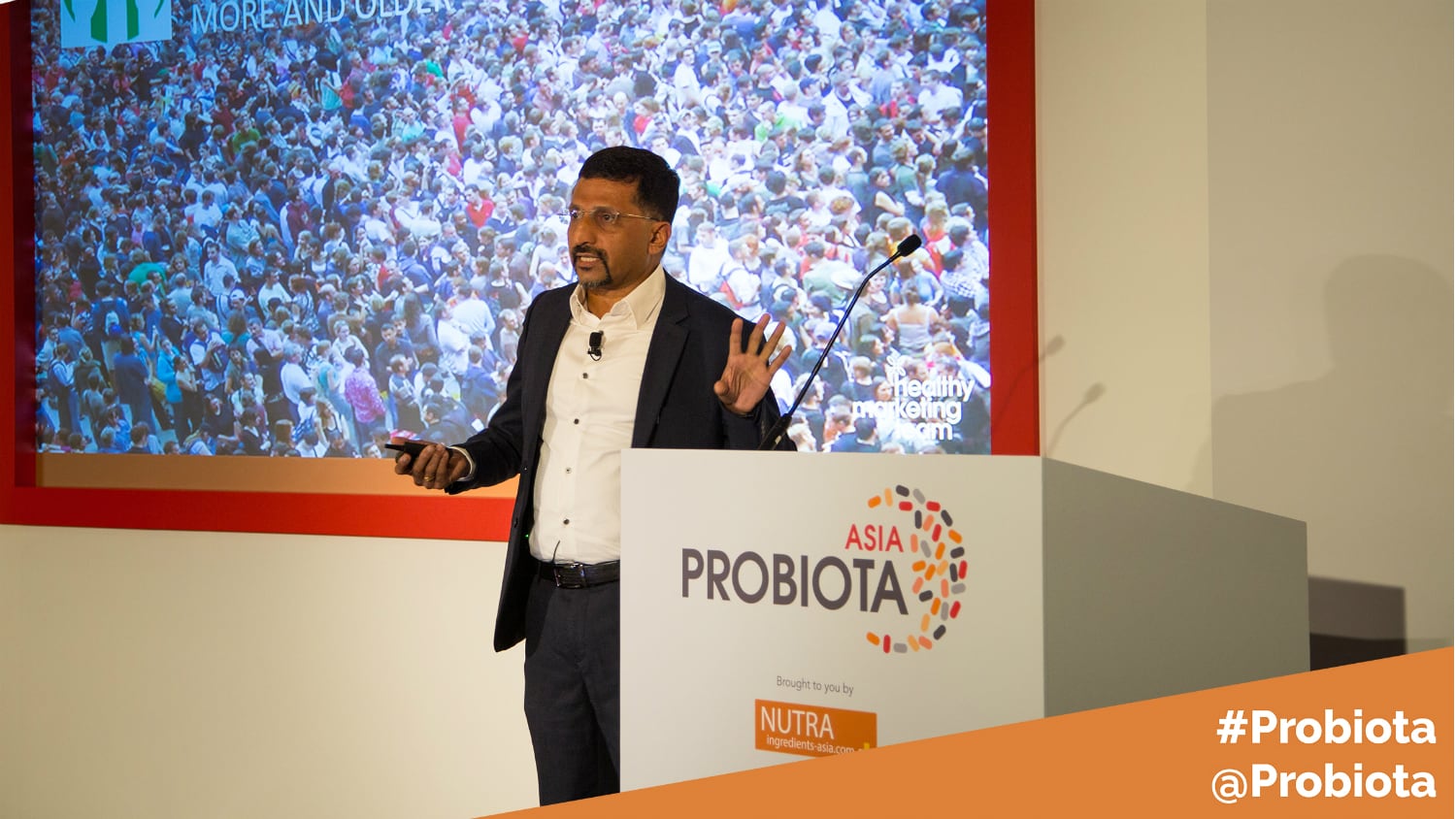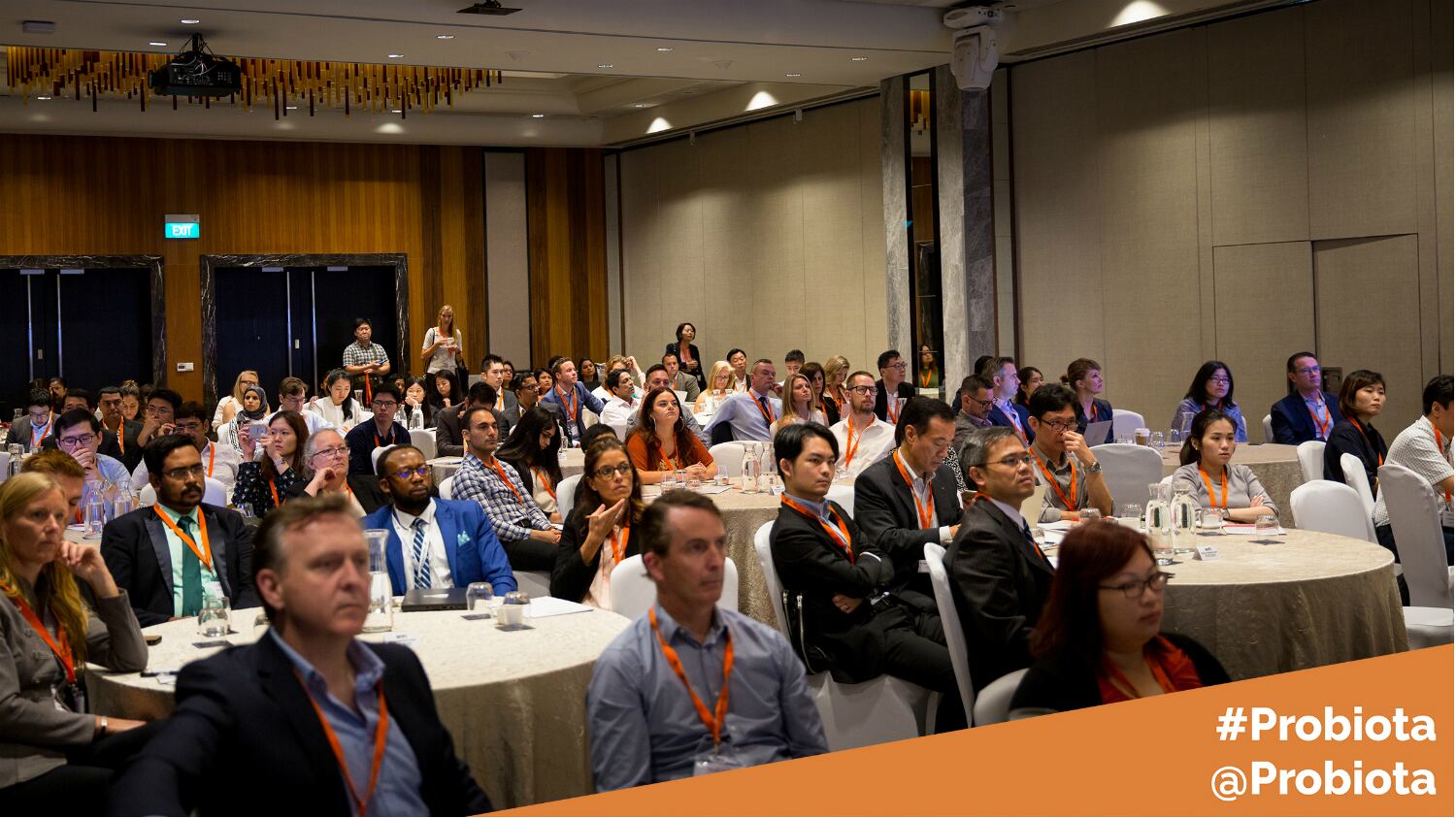Speaking at Probiota Asia 2018, the expert panel comprised Josh Baisley, Nutrasource Director of Clinical Trials, Najla Guthrie, KGK Science President and CEO, and Professor Yuan Kun Lee from the National University of Singapore Yong Loo Lin School of Medicine.
The discussion was moderated by Gary Scattergood, Editor-in-Chief of NutraIngredients-Asia.
We provide three key outcomes from the discussion, that the experts believe are important to keep an eye on to move the industry forward.
On inter-sector co-operation
Co-operation between the industry, academic and policy-makers was seen to be less than satisfactory at this current point in time.
Baisley said: “I think we do work together, but in different ways.
“There’s a lot of novel research going on in the academic side, but it doesn’t play very well into the regulatory side [of things]. Regulations are about 15 years behind at any given point.”
Guthrie concurred, saying: “Can all three sectors work together? Most definitely. Do we work together today? Not very efficiently.
“When you look at study design, regulators regulate the claims, and they expect substantiation of those claims using the drug model. The drug model looks at the randomised control trial as the gold standard, which it is in terms of causal effect.
“However, this model doesn’t really fit the dietary supplement substantiation. [...] Drugs have a single effect, but dietary supplements are multi-faceted, affecting many different systems, so we must look at multiple end-points and not just a single outcome when designing a trial.”
Professor Lee opined that all three sectors are ‘doing a good job’ in their respective areas, but highlighted that in Singapore, there are currently no well-defined regulations for probiotics in particular.
“[These products] are either classified as food or drug products. […] The regulations are so tight that only certain, limited claims can be made.” said Prof Lee.
“Many of the problems we are facing now are due to the definition of probiotics. Many things are lumped under the ‘probiotic’ category.”
“This makes it difficult for the regulatory body to decide due to overlapping areas and vague boundaries.”
Prof Lee suggested taking a leaf out of the books of Japan and China in terms of product categorisation (food, non-food, functional food, etc.) when it comes to handling probiotic regulatory approvals.
Designing a successful trial
The panel also offered insights into devising trials to make successful claims.
“The key things to take note of are what marketing wants to say about the product, what the scientists want to convey, and what the regulations actually allow you to say, as well as what jurisdictions the product is to be marketed in,” said Baisley.
Guthrie added that it is difficult to devise trials that please all people in all regions at all times.
“Start with the claim in mind. Understand the market you want to enter, the local and regulatory differences, based on those answers, the trial can be designed. Choose the outcome that will support the claim you have in mind, and design the trial with the endpoint to support that outcome in mind.
“The population differences will also affect the outcomes. We have genetic differences, dietary differences, lifestyle differences and more,” she added.
Localisation was given strong focus, with Prof Lee adding that: “With work done overseas, results cannot always be used [in other regions]. Localisation should be kept in mind.”
“Indonesia globally actually has the most advanced probiotic regulations in the world when it comes to work done on local populations.”
Cost considerations
The rising cost of conducting clinical trials was also discussed, with the panel elaborating more on the current climate in the research industry.
“Costs have definitely increased,” said Baisley. “It is always the part of the process that is the most difficult to deal with.
“There are many preconceived ideas of what a trial should cost. [but these days], this industry looks at various indications and many different areas of healthcare, from oral health to women’s health to cognitive functions and more.”
“[What this means is that] many of these models are expensive ones, which require a lot of monitoring, testing and so on.”
“The days of $50,000 or $200,000 trials are behind us – now we’re looking at $250,000 to $750,000 for a decent-sized trial, and once you go up into [larger-sized] studies, we’re talking millions.”
Guthrie concurred, adding that: “Clinical trials have now become a necessary thing [as opposed to two decades ago when testimonials were viewed as sufficient].”
“You get what you pay for at the end of the day. A well-designed trial will ensure robust data and confidence in outcomes.”





